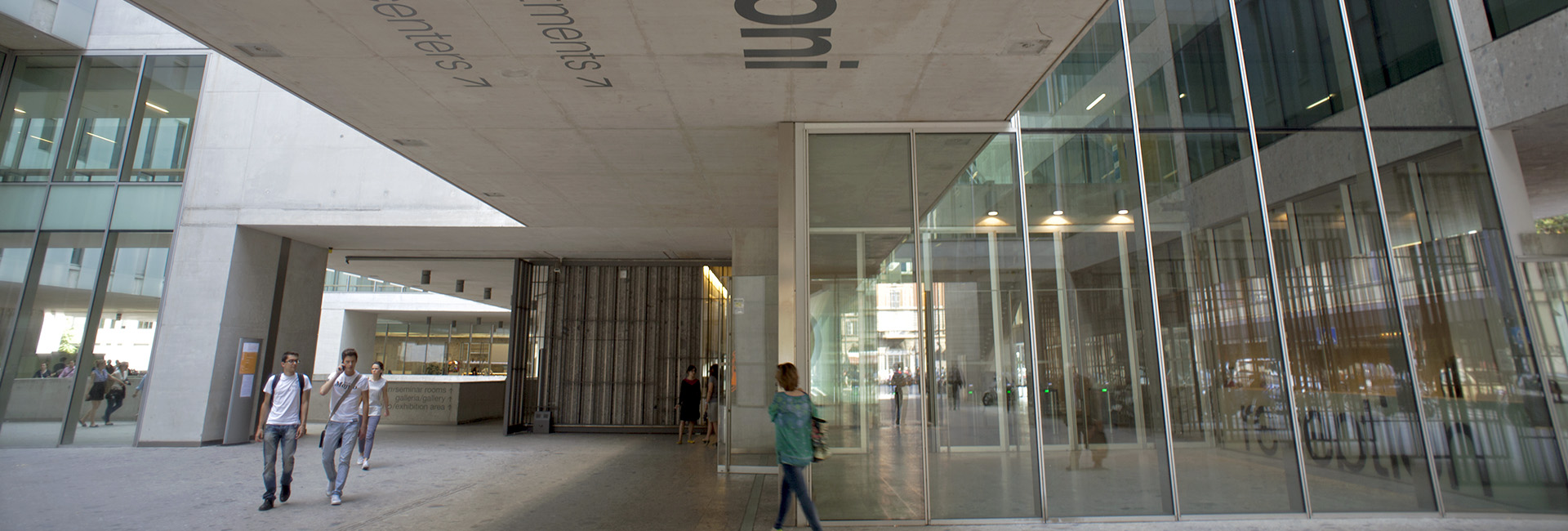30551 - ADVANCED ANALYSIS AND OPTIMIZATION - MODULE 1
Course taught in English
Go to class group/s: 27
Synchronous Blended: Lezioni erogate in modalità sincrona in aula (max 1 ora per credito online sincrona)
For a fruitful and effective learning experience, it is recommended a preliminary knowledge of basic calculus (limits, derivatives, integrals), of vector spaces, of linear maps and of matrix calculus.
The purpose of this course is to give rigorous mathematical tools and methods in the study of ordinary differential equations and, more generally, dynamical systems. The theories and applications encountered in this course will create a strong foundation for studying nonlinear systems of ODEs with application to simple real-world and physical models.
- Linear algebra: eigenvalues, eigenvectors, diagonalization, quadratic forms, Jordan decomposition.
- Basic notions of topology in the Euclidean space.
- Spaces of continuous functions: uniform convergence, completeness, compactness.
- Models and examples of ODEs. Trajectories, gradient flows and autonomous systems.
- Elementary techniques for solving simple differential equations.
- Linear systems of ODEs: general results and structure of the space of solutions, matrix exponential.
- Nonlinear systems of ODEs - local theory: contraction theorem, existence, Gronwall's lemma, uniqueness.
- Nonlinear systems of ODEs - global theory: comparison and stability for Cauchy problems, maximal solutions, study of dynamical systems.
- Know fundamental notions in linear algebra: eigenvalues, eigenvectors, diagonalization, quadratic forms, Jordan decomposition.
- Express basic notions and results about spaces of continuous functions.
- Understand the relevance of the fundamental theorems for ODEs and dynamical systems: existence, uniqueness and stability of solutions, stability/instability of fixed points in a dynamical system.
- Solve linear systems of ODEs.
- Provide qualitative description of the solutions of nonlinear ODEs and dynamical systems.
- Make use of the presented methodological tools in applied sciences such as computer science and physics.
- Face-to-face lectures
- Exercises (exercises, database, software etc.)
- Individual assignments
- Group assignments
Face-to-face lectures are standard blackboard presentations, where nonetheless interaction between students and instructor is strongly encouraged.
Exercise sessions are dedicated to practice with the main theoretical notions and results shown during the lectures, looking at specific examples, applications, and exercises.
Assignments will be provided in the form of problem sheets. They are not graded and students can choose to solve them individually or with their peers.
| Continuous assessment | Partial exams | General exam | |
|---|---|---|---|
| x | x |
Students will be evaluated on the basis of written exams, which can be taken in one of the two following ways.
The exam can be split in two partial exams. Each partial may contain multiple-choice questions and open-answer questions; each partial weighs for one-half of the final mark. Multiple-choice questions mainly aim at evaluating the knowledge of the fundamental mathematical notions and the ability to apply these notions to the solution of simple problems and exercises, while open-answer questions mainly aim at evaluating:
- The ability to articulate the knowledge of mathematical notions in a conceptually and formally correct way, adequately using definitions, theorems and proofs.
- The ability to actively search for deductive ideas that are fit to prove possible links between the properties of mathematical objects.
- The ability to apply mathematical notions to the solution of more complex problems and exercises.
The exam can also be taken as a single general exam, which contains both multiple-choice questions and open-answer questions. The general exam covers the whole syllabus of the course and it can be taken in one of the four general sessions scheduled in the academic year. This option is mainly meant for students who have withdrawn from the two-partials procedure or could not follow it. Each type of question contributes in a specific way to the assessment of the students' acquired knowledge. Multiple-choice questions mainly aim at evaluating the knowledge of the fundamental mathematical notions and the ability to apply these notions to the solution of simple problems and exercises, while open-answer questions mainly aim at evaluating:
- The ability to articulate the knowledge of mathematical notions in a conceptually and formally correct way, adequately using definitions, theorems and proofs.
- The ability to actively search for deductive ideas that are fit to prove possible links between the properties of mathematical objects.
- The ability to apply mathematical notions to the solution of more complex problems and exercises.
We will take care to obtain final grades whose distribution follows the grade distribution that is recommended by Università Bocconi.
- Schaeffer, David G.; Cain, John W.: Ordinary differential equations: basics and beyond. Texts in Applied Mathematics, 65. Springer, New York, 2018 (softcover version of the 2016 edition). xxx+542 pp. ISBN: 978-1-4939-8184-7





